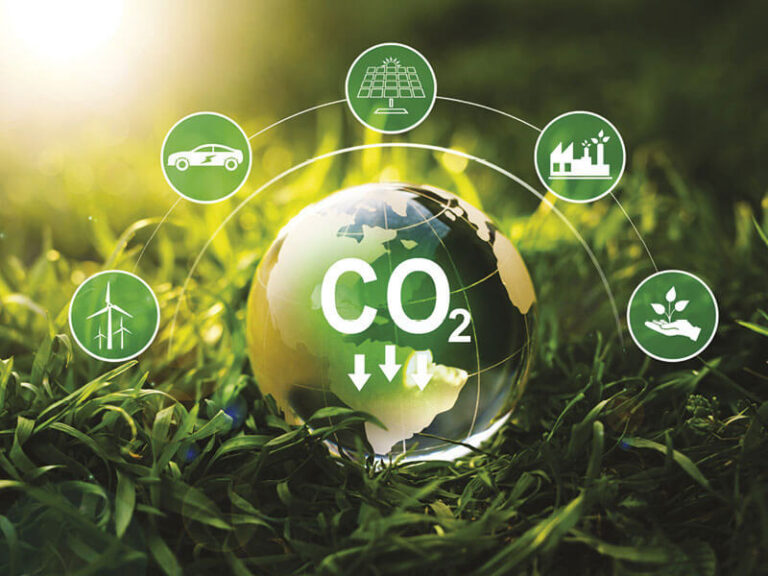Energy & Climate Change
Ratio of renewable energy production divided by total energy usage per year (EC.5)
In-depth Average Analysis 1. Average Share: On average, approximately 7.85% of the university’s electricity comes from solar panels and 92.15% from the Electricity Generating Authority of Thailand (EGAT), indicating that reliance on external energy sources (EGAT) remains high. 2. Average Solar Energy Efficiency: The average solar energy production is 34,477.22 kWh per month, a figure […]
Number of renewable energy sources on campus (EC.3)
Sakon Nakhon Rajabhat University maintains an energy conservation policy that aligns with the Energy Conservation Promotion Act. This policy is integral to the university’s operations and supports both governmental and national initiatives aimed at increasing energy efficiency, reducing energy costs, and mitigating the impacts of global warming. This commitment is crucial for promoting sustainable energy […]
Energy-Efficient Appliances Usage (EC.1)
Energy Efficient Appliances Usage Sakon Nakhon Rajabhat University is dedicated to energy conservation and sustainability, as demonstrated by its efficient use of energy-saving electrical appliances. The university has successfully transitioned to 100% LED bulbs, replacing traditional incandescent and fluorescent bulbs with high-efficiency LED lighting. This switch has reduced energy consumption by up to 80%, lowered operating costs, […]
Planning, implementation, monitoring and/or evaluation of all programs related to Energy and Climate Change through the utilization of Information and Communication Technology (ICT)
Planning, implementation, monitoring, and/or evaluation of all programs related to Energy and Climate Change through the utilization of Information and Communication Technology (ICT) Sakon Nakhon Rajabhat University has integrated Information and Communication Technology (ICT) into its planning, implementation, monitoring, and evaluation of programs related to energy and climate change. The Establishment of the Carbon Neutrality […]





